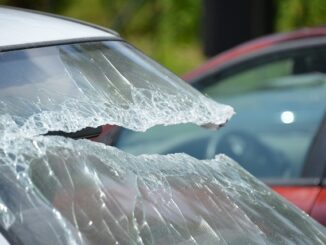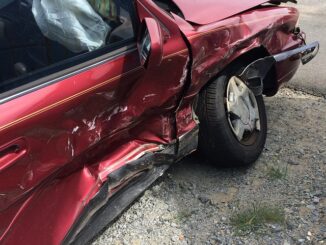
Determining fault after a car accident in Ontario can be a complex process. It’s not always a simple matter of who hit whom. Ontario follows a set of Fault Determination Rules, which are outlined in the province’s Insurance Act. These rules help insurance companies and the courts assess who is responsible for an accident and to what degree. This guide will delve into the intricacies of fault determination in Ontario, empowering you with the knowledge to navigate the aftermath of a car accident.
Understanding Fault Determination Rules (FDRs):
FDRs are a series of guidelines that insurance adjusters and courts use to assign fault in car accidents. They take into account various factors, including the type of collision, road conditions, driver behavior, and traffic laws. The ultimate goal is to determine the percentage of fault attributable to each driver involved in the accident.
Types of Collisions and Fault:
Ontario’s FDRs categorize accidents into different types, each with its own set of rules for determining fault. Some common collision types include:
- Rear-End Collisions: In most cases, the driver who rear-ends another vehicle is considered at fault. However, there are exceptions, such as sudden stops or mechanical failures.
- Intersection Collisions: Fault in intersection accidents depends on factors like who had the right of way, traffic signals, and driver actions.
- Lane Changes: The driver changing lanes is usually at fault if they collide with another vehicle. However, fault can be shared if the other driver was speeding or not paying attention.
- Parking Lot Accidents: Determining fault in parking lot accidents can be tricky. The rules vary depending on the specific circumstances, such as whether the vehicles were moving or parked.
- Single Vehicle Accidents: In single-vehicle accidents, the driver is typically considered at fault unless there were external factors like road hazards or mechanical failures.
Factors Considered in Fault Determination:
Insurance adjusters and courts consider several factors when applying FDRs:
- The Highway Traffic Act: Violations of the Highway Traffic Act, such as speeding, running red lights, or failing to yield, are significant factors in fault determination.
- Witness Statements: Eyewitness accounts can provide valuable information about how the accident occurred and who may be at fault.
- Police Reports: Police reports often include observations and conclusions about the accident, which can influence fault determination.
- Vehicle Damage: The extent and location of damage to the vehicles involved can help determine the point of impact and how the collision occurred.
- Driver Statements: The statements of the drivers involved are considered, but they are not always reliable, as drivers may try to minimize their own fault.
Contributory Negligence:
In some cases, more than one driver may share fault for an accident. This is known as contributory negligence. The percentage of fault assigned to each driver will depend on the specific circumstances and the degree to which their actions contributed to the collision.
The Role of Insurance Companies:
Insurance companies play a crucial role in fault determination. They investigate accidents, gather evidence, and apply the FDRs to assess fault. If you disagree with their assessment, you have the right to dispute it and provide additional evidence to support your claim.
Disputing Fault:
If you believe you have been wrongly assigned fault, you can seek legal advice and potentially take the matter to court. A lawyer can help you gather evidence, build a strong case, and advocate for your interests.
Understanding fault determination rules is crucial for anyone involved in a car accident in Ontario. By knowing your rights and the factors considered in assigning fault, you can ensure that you are treated fairly and receive the compensation you deserve.



